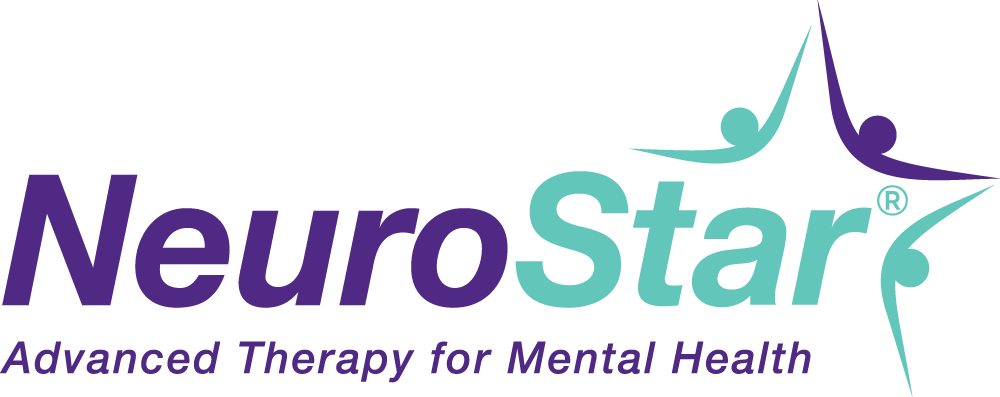TMS and Brain Plasticity in Depression

Transcranial magnetic stimulation (TMS) therapy is an FDA-cleared, non-invasive therapy that has offered new opportunities to individuals facing depression. Although medications and talk therapy can work for some, other people need a different approach to manage persistent depressive symptoms.
At Bloom Health Centers in Arlington, we use NeuroStar Advanced TMS technology to encourage brain plasticity―a concept that is reshaping how we view depression treatment. Below, we explore TMS and brain plasticity in depression so that you can learn about the latest possibilities.

Understanding the Relationship Between Brain Plasticity and Depression
Brain plasticity, also known as neuroplasticity, refers to your brain’s ability to reorganize and adapt. This dynamic process allows your neurons to forge new connections, strengthen existing links, or even rewire themselves in response to various stimuli. In the context of depression, certain pathways in the brain may become less active, leading to lingering sadness, low energy, or persistent anxious thoughts.
NeuroStar TMS delivers targeted magnetic pulses to specific areas of your brain, thereby stimulating your underactive neural circuits and promoting neuroplasticity that could help depression symptoms. Over time, this stimulation could promote healthier and more balanced communication between different regions of your brain.
How TMS Treatment Encourages Positive Changes
Neurostimulation is non-invasive and medication-free, applying a series of magnetic fields to stimulate your neural cells in regions of your brain that control your mood. The magnetic waves could increase your brain cell activity and encourage your brain to form new, healthy neural connections. Completing a full course of brain stimulation could lead to significant improvements in your mood and overall mental well-being.
The effectiveness of TMS therapy and brain plasticity has been demonstrated in many scientific studies in which patients with depression resistant to conventional therapies have experienced long-lasting improvement of their symptoms. Like many of our Arlington-area patients, you may start noticing positive changes by the fourth week of treatment and experience substantial relief by the end of the multiweek course.

TMS Therapy at Bloom Health Centers
TMS therapy at our locations throughout the DMV is typically administered five days a week for seven weeks, with each session lasting about 19minutes. During your TMS sessions, you will remain awake and may return to your daily activities immediately afterward. Researchers have discovered that TMS-induced brain plasticity could lead to:
- Improved transmission of signals in mood-related neural circuits
- Formation of new neural pathways that support a more stable emotional state
- Heightened response to other therapies, such as counseling or medication
By emphasizing your brain’s growth and adaptability, NeuroStar TMS could provide you with relief if your depression or anxious depression has not responded to traditional interventions.
Explore NeuroStar TMS and Brain Plasticity at Bloom Health Centers in Arlington
If you are ready to experience the possibilities of TMS and brain plasticity in depression, Bloom Health Centers is ready to help. Our in-network status and immediate availability mean you can start your journey toward renewed mental well-being without delay. Consider signing up for NeuroStar TMS therapy for lasting change and relief from persistent depression symptoms.

TMS Patient Journey at Bloom
New to TMS? You are not alone.
Find out more about the journey to a life without depression through TMS Therapy at Bloom.
TMS Offered At:
Virginia
801 N Quincy St, #601
Arlington, VA 22203
158 Front Royal Pike, #206
Winchester VA 22602
Bloom Tips and Tools
Bloom Services:
Learn more about our comprehensive range of mental health services and schedule an appointment today!
Bloom Blog:
Helpful insights and information for your mental health journey.
Bloom In The News:
Press releases, announcements, and mentions in other media sources.
have questions?
We’re here to answer them. Request an appointment through our online form.
NeuroStar Indication Statement
Adult Indications for Use
The NeuroStar Advanced Therapy System is indicated for the treatment of depressive episodes and for decreasing anxiety symptoms for those who may exhibit comorbid anxiety symptoms in adult patients suffering from Major Depressive Disorder (MDD) and who failed to achieve satisfactory improvement from previous antidepressant medication treatment in the current episode.
The NeuroStar Advanced Therapy System is intended to be used as an adjunct for the treatment of adult patients suffering from Obsessive Compulsive Disorder (OCD).
Adolescent Indications for Use
NeuroStar Advanced Therapy is indicated as an adjunct for the treatment of Major Depressive Disorder (MDD) in adolescent patients (15-21).
Important Safety Information
NeuroStar Advanced Therapy is only available by prescription. A doctor can help decide if NeuroStar Advanced Therapy is right for you. Patients’ results may vary.
The most common side effect is pain or discomfort at or near the treatment site. These events are transient; they occur during the TMS treatment course and do not occur for most patients after the first week of treatment. There is a rare risk of seizure associated with the use of TMS therapy (<0.1% per patient).
Visit neurostar.com for full safety and prescribing information.
